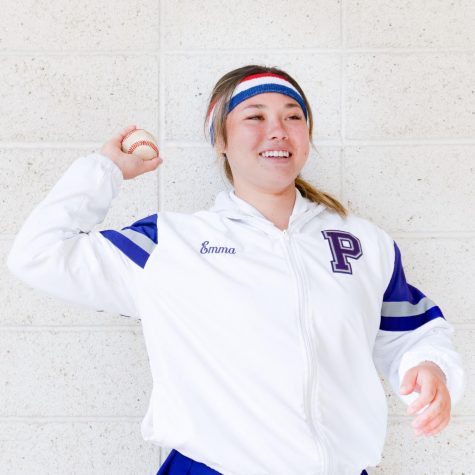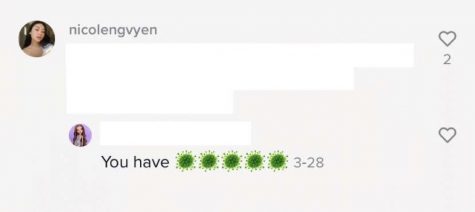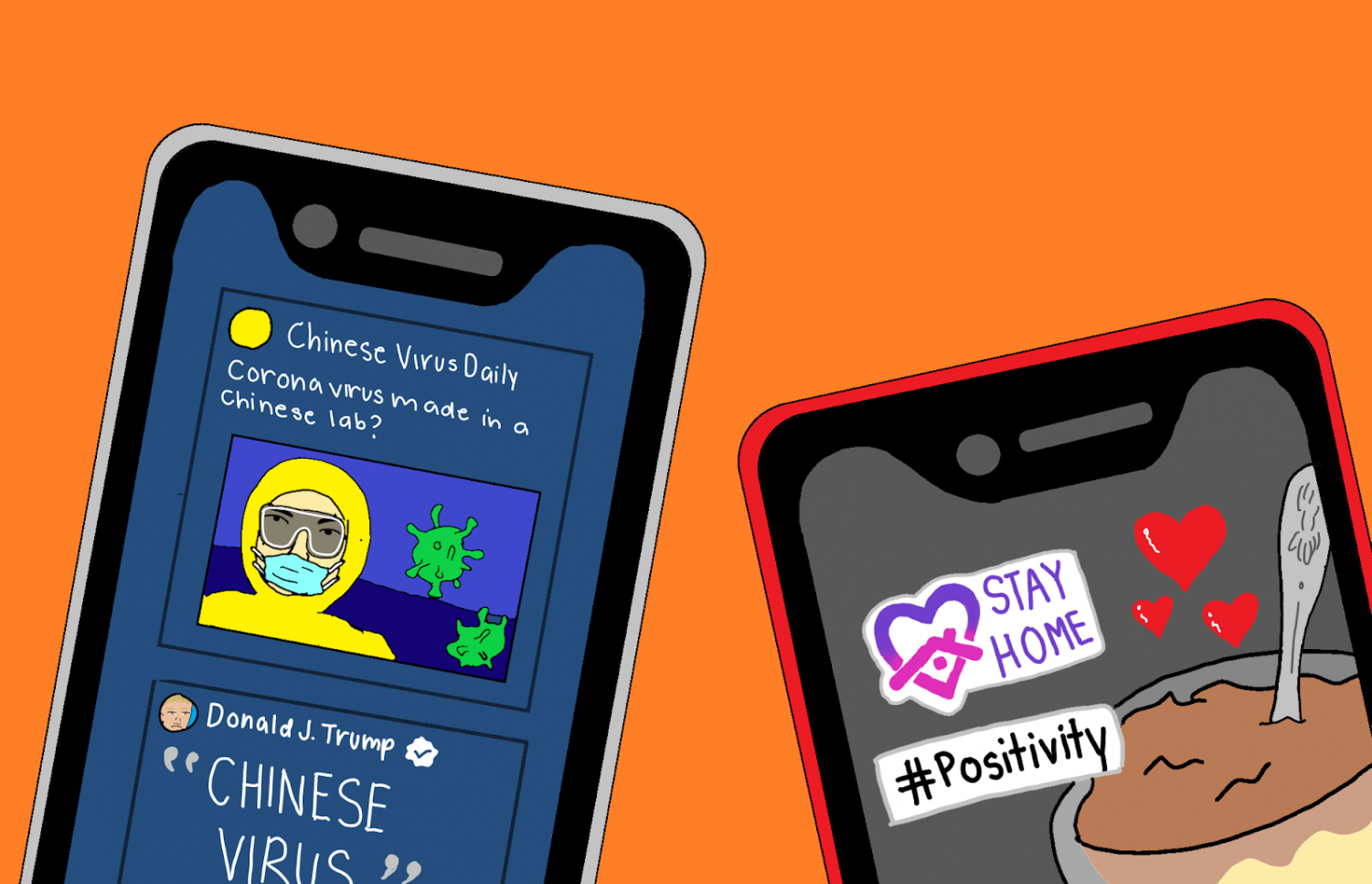H2H: Has Social Media Benefited or Harmed Teens During Quarantine?
April 23, 2020
With Social Media, Maybe Isolation Isn’t So Bad After All
From cooking with different recipes to learning a new instrument, many people have stayed occupied by picking up on new trends and branching out from their usual hobbies.
During tough times such as these, being stuck at home without the ability to leave the house may become mundane, but with the increased time on social media, many students have benefitted in more ways than one.
“Obviously my time on social media has gone up, but being on [it] has increased my knowledge on what’s happening with COVID-19 and given me things to do to pass the time,” sophomore Tiffany Park said. “On TikTok, many people post recipes or things that they do that seem fun to make or just to do in general, so I’ve been trying new things out. It lets me explore and do things I never would have expected.”
Apps such as Facebook and WhatsApp have established measures to halt the spread of misinformation.
Other apps such as Instagram launched ‘Stay Home’ stickers that are available to post on stories. When in use, Instagram highlights the post on the main homepage for its followers in hopes of spreading the word to stay home and self-isolate.
Creators previously were not allowed to put advertisements on videos that were about Coronavirus in order to protect the companies being mentioned. Due to the escalation of COVID-19, founders decided to allow the monetization of said videos, to encourage creators to talk about the issue and provide some activities to do during quarantine.
Instead of sulking over not being able to see friends due to physical-distancing, social media apps are able to provide a close connection between friends and family, as well as keeping many entertained.

Emma Haag is the 2021-2022 Sports Editor for the second year, and it is her third year as a part of the Portola Pilot. Emma has a strong interest in sports...
How COVID-19 Social Media Posts Cause Mass Hysteria
Since the beginning of the Coronavirus outbreak, there has been a 40% increase in phone usage in America according to Statista. This increase of screen time can lead people to frequently stumble upon frightening social media posts. On all platforms, people are spreading exaggerated or even false information on the Internet without realizing its consequences.
Untruthful or exaggerated information can not only cause an unnerving amount of anxiety, but also cause people with obsessive compulsive disorder (OCD) or germophobia to become extremely particular with every step they make.
“The Coronavirus made me increase my daily habits, such as washing my hands for longer periods of time, and I get more paranoid easily,” junior Soumili Vasamsetty said. “I tend to disinfect things more often than I usually did.”
Along with the increase of symptoms of mental illness, “There were conspiratorial whispers on social media that the Coronavirus had been cooked up in a secret government lab in China,” according to the New York Times.
President Trump and other politicians and congressmen tend to replace the scientific term for Coronavirus with the title “Chinese Virus.” Stigmas like these are one of the greatest causes for the recent numerous occurrences of hate crimes against Asians.
“As a teen who uses lots of social media apps, there’s a lot of negativity going around due to the current pandemic. Just being seen as an Asian to the public, I’ve been accused of having coronavirus or being the reason it has spread,” junior Nicole Nguyen said. “Although I don’t let those comments get to me, it bothers me that there are people in our society today who now have a totally different view of Asians as a whole.”

With the overwhelming amount of bigoted Coronavirus posts and commentary shoved in students’ faces daily, it is hard not to become cynical or have our judgements swayed the wrong way.
To combat the anxiety, “take breaks from watching, reading or listening to news stories, including social media [since] hearing about the pandemic repeatedly can be upsetting,” according to the Centers for Disease Control (CDC).
If all students took part in frequent phone breaks, social media cleanses, relying on trustworthy news sources and reporting hysterical or racist posts, it would be one large step towards the overall prevention of nationwide racism and unrest.

Krisha Konchadi is the front page editor this year on the Portola Pilot. Along with editing and creating the front page, she loves making graphics and...

